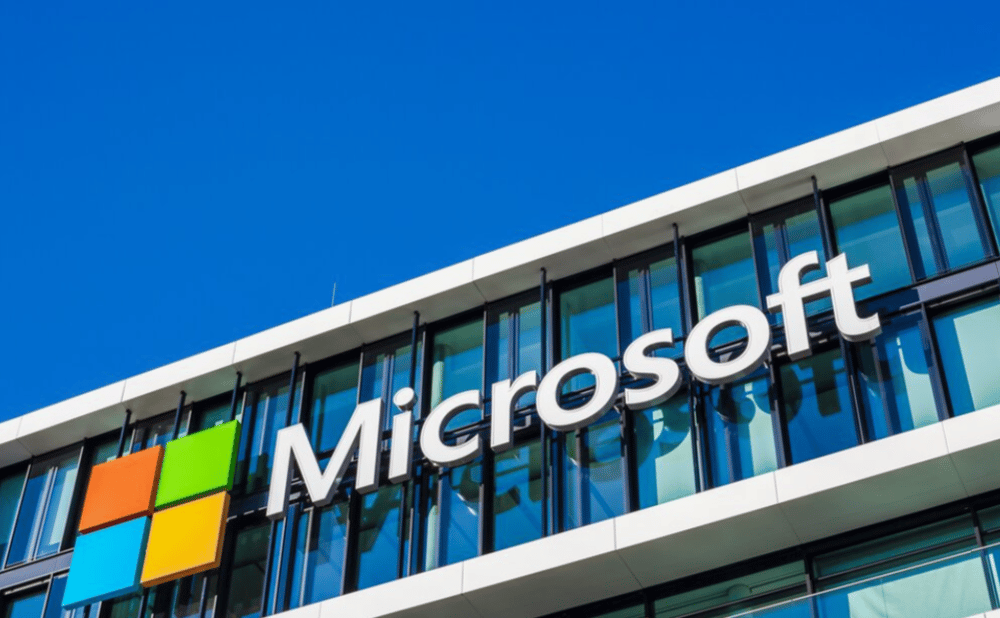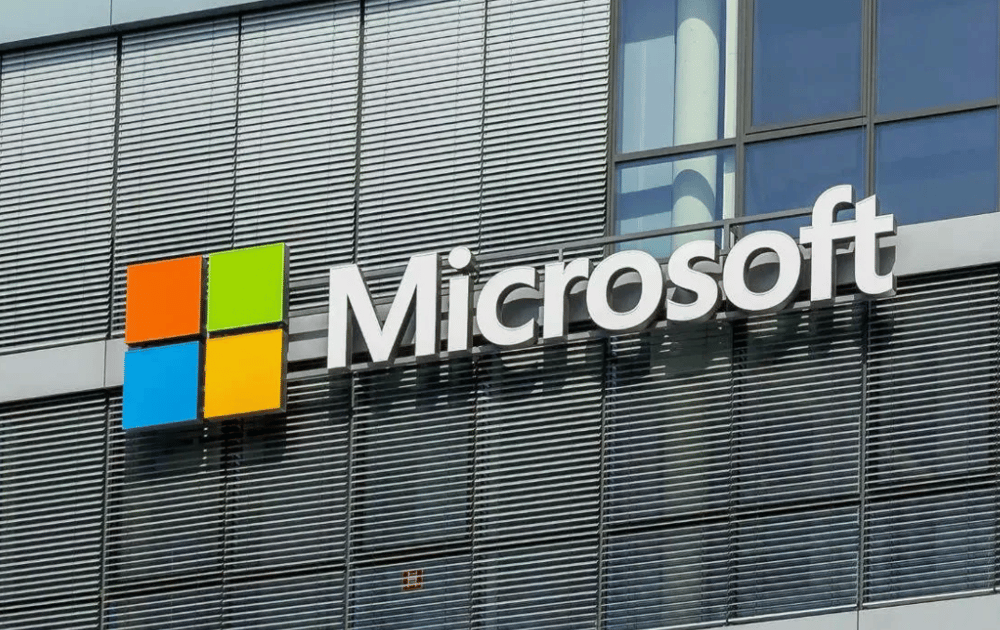Microsoft Corp. $MSFT may be poised to sidestep a significant antitrust fine in the European Union as regulators appear inclined to accept the tech giant’s proposed adjustments to how it bundles its Office and Teams software. The development marks a pivotal moment in a prolonged regulatory battle initiated by Slack Technologies, a subsidiary of Salesforce Inc. $CRM, which lodged a formal complaint in 2020.
The heart of the dispute centers on Microsoft’s integration of Teams — its communications and video conferencing platform — into its dominant Office productivity suite. European regulators, concerned about potential market distortion and abuse of dominance, launched an investigation into whether the bundling practice unfairly restricted competition in the collaboration software market.
Regulatory Calm in the Midst of Transatlantic Tech Tensions
The EU’s preliminary approval of Microsoft’s offering comes at a delicate juncture in U.S.-EU digital relations. European authorities have intensified scrutiny of American tech firms, prompting a series of investigations into market practices, data use, and platform dominance. Against this backdrop, Microsoft’s willingness to compromise is seen as a strategic move to deescalate tensions and avoid further regulatory fallout.
According to sources familiar with the matter, Microsoft’s remedy involves offering Teams separately from Office at a transparent and fair price, giving enterprise customers genuine choice. The measure is designed to level the playing field for competing platforms, including Slack, which argued that the prior bundling practice gave Microsoft an undue commercial advantage.
Key Developments Driving the Case
Antitrust Origins: Complaint filed by Slack in 2020, accusing Microsoft of unfairly bundling Teams with Office.
Regulatory Focus: European Commission launched formal probe into Microsoft’s bundling practices.
Proposed Remedy: Microsoft to unbundle Teams from Office and adjust pricing structures.
Strategic Timing: Effort to avert penalties amid broader EU scrutiny of U.S. tech giants.
Competitive Dynamics: Aims to address structural concerns in the enterprise collaboration market.
Market and Competitive Implications
If the European Commission formally accepts Microsoft's concessions, it could set a precedent for how digital ecosystems are regulated across the continent. For Microsoft, it represents a tactical retreat that preserves business continuity without triggering financial or reputational damage. For competitors like Slack, the development offers validation of long-standing grievances — and possibly greater market access.
The case has broader implications for other platform-based firms operating in Europe. As regulators recalibrate their approach to digital monopolies, software bundling — once a standard practice — is being reconsidered through the lens of consumer choice and market fairness.
Potential Outcomes from the EU’s Decision
Avoidance of Fine: Acceptance of the proposal would shield Microsoft from potentially hefty penalties.
Product Reconfiguration: Office and Teams likely to be sold separately with revised pricing in Europe.
Market Realignment: Smaller players like Slack may benefit from a more level competitive environment.
Precedent Setting: Could influence future EU decisions on digital bundling practices.
Cross-Atlantic Dynamics: May ease ongoing regulatory friction between Brussels and Washington.
A Calculated Compromise in the Platform Wars
Microsoft’s willingness to unbundle Teams reflects both regulatory pragmatism and strategic foresight. As the EU intensifies its oversight of Big Tech, companies are increasingly opting to negotiate rather than litigate. By addressing concerns through product modifications, Microsoft aims to preserve its European operations while avoiding direct confrontation.
For the broader technology landscape, the outcome of this case may signal a shift toward more modular software offerings and greater transparency in enterprise pricing — not only within the EU but potentially in other major markets following its lead.







Such a move might revolutionize the future of automation within a constantly changing technology landscape.